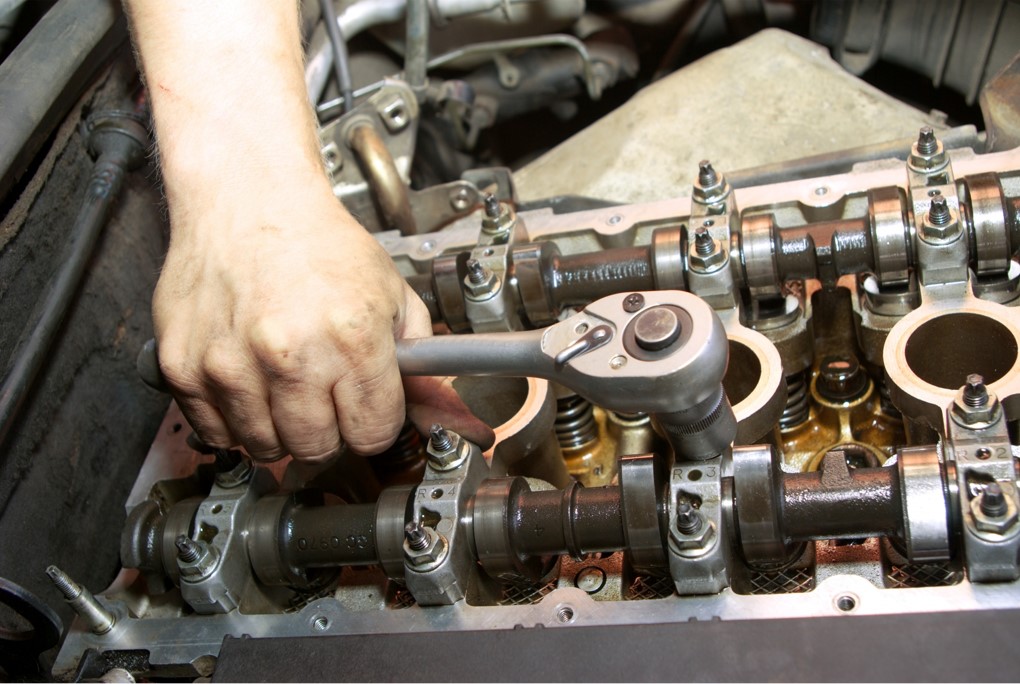
This course is aimed at maintenance managers and supervisors and is based on a logical model of maintenance management, covering the principles, best practices and benefits of each element, as well as the interfaces between them. The course is very practical with lots of examples, exercises and guidelines, ending with a self-assessment and implementation roadmap.
Duration: 24 hours
At the end of this course, learners should be able to:
- Describe what “good maintenance” looks like.
- Explain the benefits of good maintenance systems and practices for the company and its employees.
- Describe the work order cycle and the role of everyone in it.
- Explain the importance of giving complete and correct feedback on work orders.
- Explain the negative effects of breakdowns and reactive maintenance.
- Explain the difference between normal wear and tear of components and “forced deterioration”.
- Describe the different maintenance tactics and when each one should be used.
- Explain what you can do to resolve some of the problems with spare parts on site.
- Explain the PDCA cycle and how teams should use their performance measures to drive improvements.
- Understand your role in “good maintenance” and the responsibility to assist in the continuous improvement thereof.
Duration: 8 hours

This course gives you a deep dive into the maintenance work management process and interrogates the different steps within the MWM cycle. Each of the steps are clearly explained as well as how implementing best practices within the MWM cycle can lower cost and drive performance.
Duration: 24 hours

This practical and hands-on course is aimed at giving the engineering team the skills to develop or review the maintenance plans for critical assets. Learn practically how items fail, the different tactics to prevent failures and forces to develop a maintenance plan.
Duration: 26 hours

This course is fundamentally different from the standard courses in the market, which cover theoretical definitions and worn-out examples. This course is practical in nature with at least 50% of the time spent on calculations, group discussions and case studies, and covers the three pillars of reliability engineering: technical failure analysis, data analysis and financial analysis.
Duration: 24 hours
This one-day training introduces the theory of constraints (TOC) tailored for the mining industry, with a strong practical focus through real mining case studies.
You will learn how to identify and manage system constraints using the Five Focusing Steps and control workflow with the Drum-Buffer-Rope method. In the module on throughput accounting, you will actively work through calculations to measure throughput, operating expense and inventory, empowering you to make data-driven decisions that improve operational and financial performance. By the end of the day, you will develop a concrete action plan to optimise productivity and deliver measurable results in your area of responsibility.
Duration: 8 hours